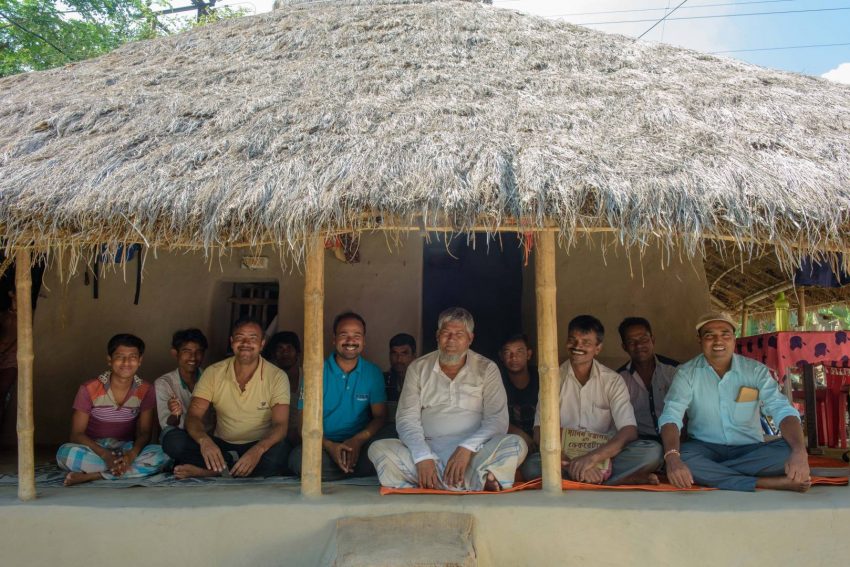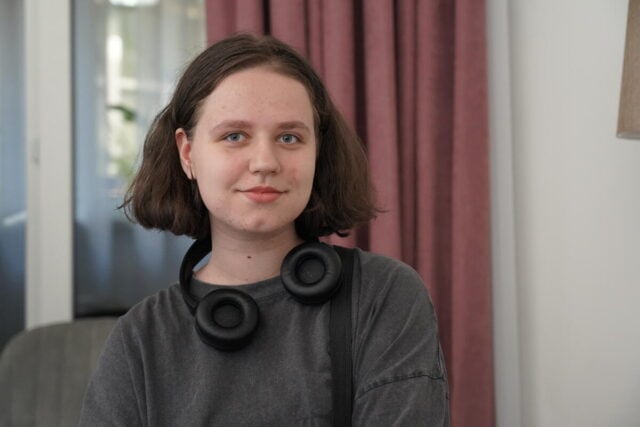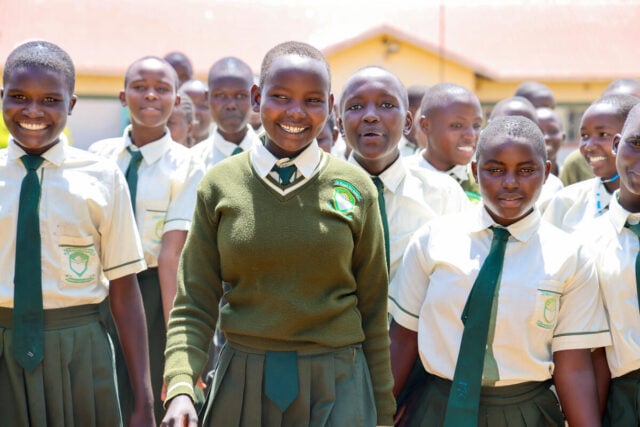Nurmati Mulla had long wondered how he might challenge the traditional mindset in his community that men and boys are more important than women and girls. He lives in Basanti, India — about 2.5 hours southeast of Kolkata. He had no idea how to begin that challenge, and he certainly didn’t know where to turn for support.
But then he was invited to attend a World Vision–run community meeting. There he learned about a program called Men Care, which is part of World Vision’s child protection work in India and primarily focuses on preventing trafficking and child marriage.
After the first training, he knew that this was the help he’d been seeking. “This group can help us to bring the changes in the community,” he says.
Shifting mindsets
The Men Care training explores various cultural beliefs through nine lessons. Each module addresses one of those beliefs. It’s helping men learn to value girls and to treat their wives with more tenderness. These strengthened family relationships help mitigate circumstances that could lead to trafficking or child marriage.
The training is helping the men envision an alternative community.
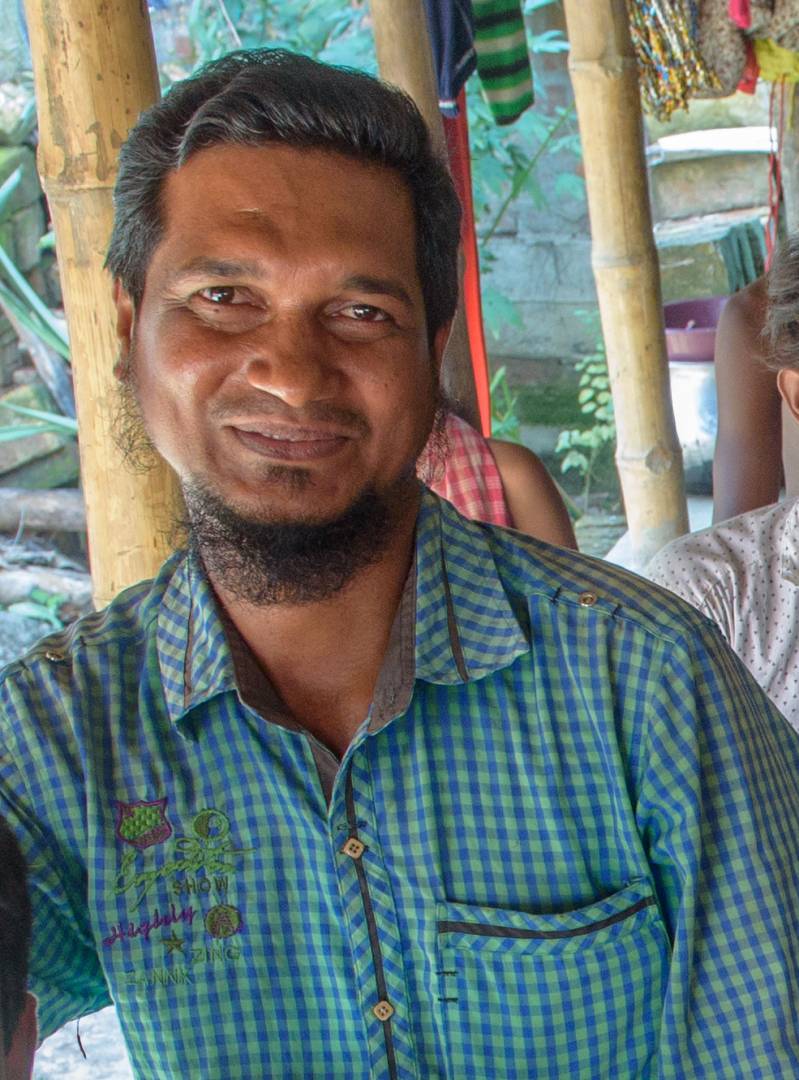
“Before World Vision interventions we are thinking, ‘I am the father. I am the head of the family. I bring the money and give to my wife. The father was thinking only we are doing hard work,’” says Nurmati.
Now the men acknowledge the error in this thinking. They recognize the hard work their wives are doing within the family. Now they understand that mothers’ and fathers’ roles are each equally important.
Before, fathers left childcare to their wives, but they’re learning about the importance of interacting with their own children.
Renewed relationships
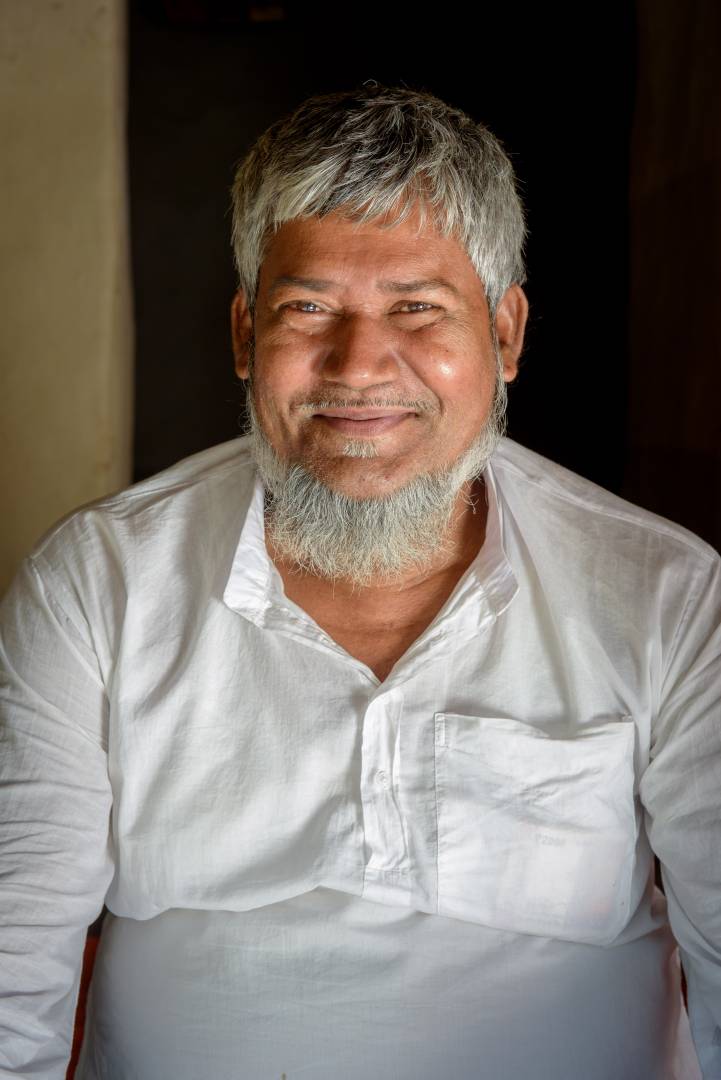
Basar Mistry’s relationships with his children transformed after the lessons. Before, he saw himself as the ruler of the household and its only decision-maker in regard to finances — even when it came to his teenaged children’s earnings. He didn’t seek the opinions of any other family members.
Today it’s a different story. He listens to how his son wants to spend his earnings, and they decide together how to allocate the money.
A woman’s viewpoint
Ravia Khan, sitting at the edge of a Men Care group with a smile on her face, asks to speak. Her husband is a member of the group, but she wants to share about her experiences resulting from his involvement.
Before he was a member, she explains, he was an alcoholic, which resulted in many family quarrels. “There was no peace in the family,” says Ravia.
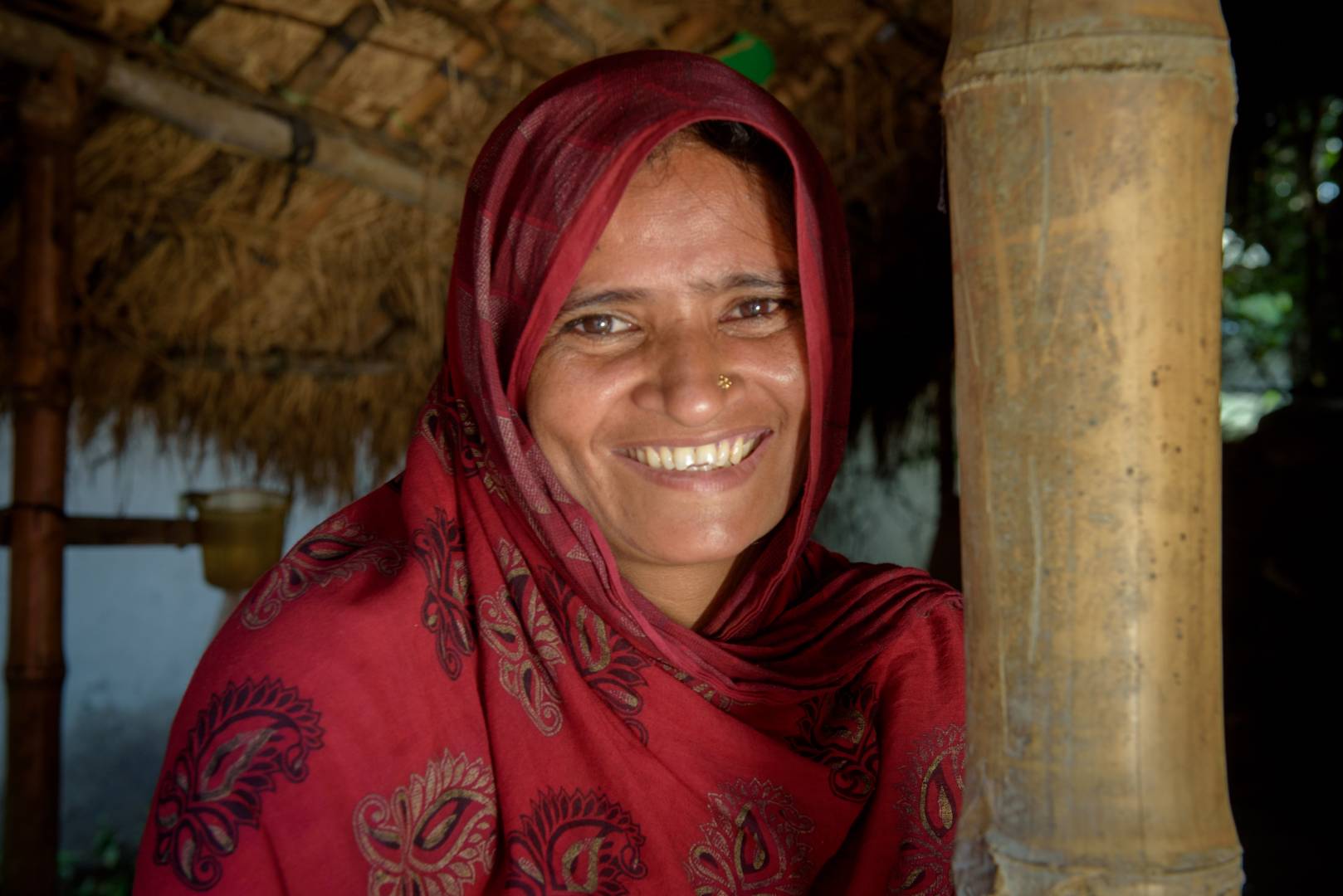
Now, they’re a family transformed. Her husband has stopped drinking — and the quarreling has stopped too. This makes the children happy, and they’re glad about the extra time he spends with them. The money that he used to squander on alcohol now gets invested in the family’s home.
Ravia says, “Great things [are] happen[ing] in my family.”
Addressing alcoholism
Ravia’s husband isn’t alone in facing alcoholism. Customarily, drink has been used to alleviate the pressures that men face within India’s patriarchal culture.
The first training module tackles this issue. The lesson looks at how much money men spend on alcohol in a year. The men see just how much of their income is consumed by alcohol and discuss other potential uses for that money — like their children’s education.
Beyond the family
Nurmati says, “The community thinks that only men can do great things. Girls can’t do [them]. This is the kind of mindset.”
But the Men Care groups are working to change that. One of the ways they’re doing this is by partnering with Girl Power groups.
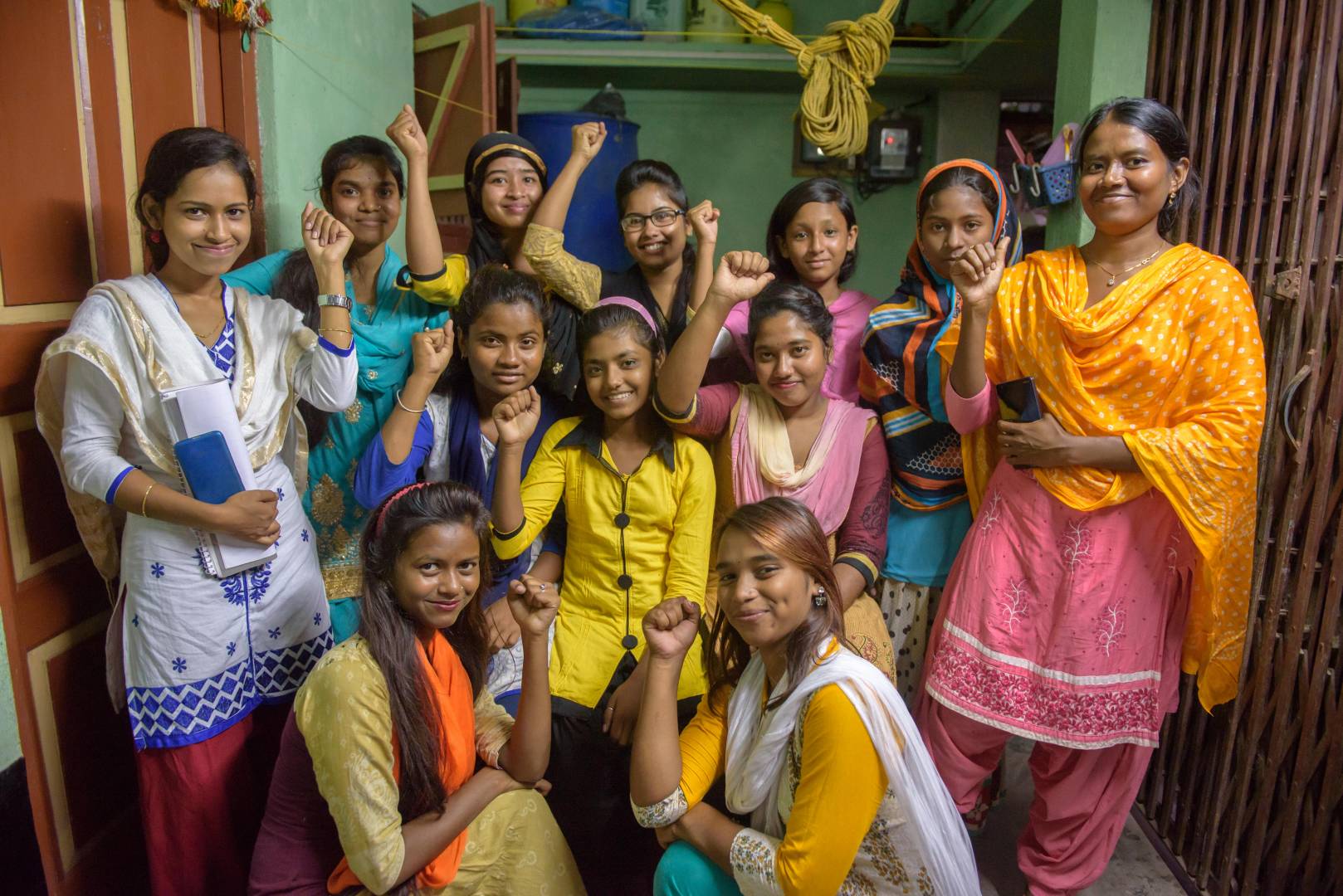
These groups equip girls to recognize the signs of abusive relationships and dangerous situations. They learn how to protect themselves and their peers, including how to help stop child marriages, child trafficking, and other gender-based violence in their communities.
World Vision also helps the young women find their voices and understand their significance and value in a culture that has traditionally seen them as less important than boys. The lessons for both the Girl Power and Men Care groups cover many similar topics to encourage them to work together on solutions.
Both groups learn about gender-based discrimination and violence, sex trafficking, and child protection. Together they monitor their communities for children vulnerable to trafficking. When members of the Girl Power groups see activity that worries them, they know that they can report it to the Men Care group participants and that they’ll act on it.
The Men Care group members have learned about hotlines and government organizations to which they can escalate the incidences or crimes.
Protecting girls from child marriage and trafficking
Together, these men and girls are challenging the cultural acceptance of child marriage.
In one case, members of a Girl Power group heard about a young girl whose family was seeking to marry her off. It hasn’t been unusual for girls in this part of India to be married at the age of 14 or 15. But both the Men Care and Girl Power groups have learned how dangerous that is for the girl. Physically, her body isn’t yet ready for child-bearing; emotionally, she’s not ready to parent because she’s still a child herself.
So the Girl Power group reported the threat they’d discovered to the Men Care group. The Men Care group reported the missing girl to a police hotline, and the girl was rescued.
Changing long-held beliefs takes time, but Men Care group members are excited by how they’ve already been able to put their education into action. And they know now how crucial their role as husbands and fathers is to overcoming the scourge of child marriage and trafficking.
As they share their newfound knowledge, they’re shaping a new future filled with promise and hope. Families like Ravia’s have found peace, harmony, and respect that was long missing. And Nurmati now has the tools and connections to work toward his dream of a more equitable society.
Photos and story gathered prior to the COVID-19 pandemic.
